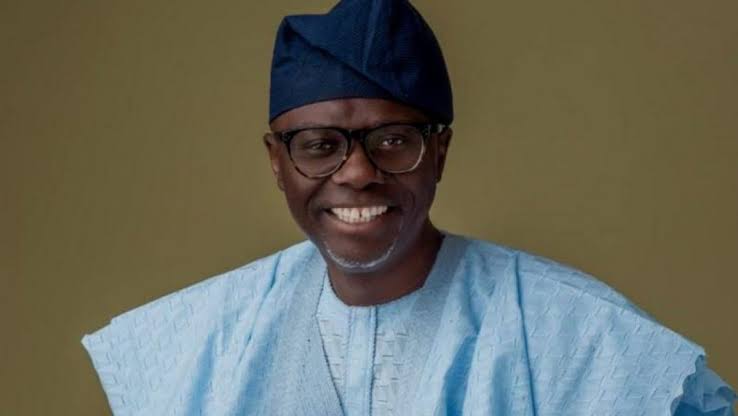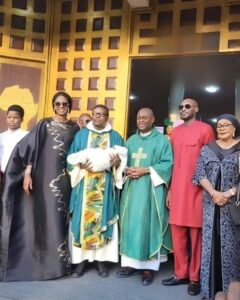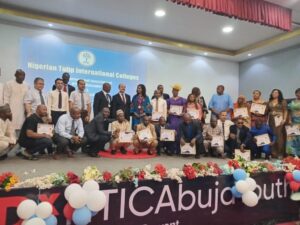Lagos State Governor Babajide Sanwo-Olu has initiated a lawsuit against the Economic and Financial Crimes Commission (EFCC) due to what he describes as threats of arrest and prosecution that he believes are politically motivated. This legal action comes as he nears the end of his term in 2027 and seeks to safeguard his rights amid allegations of corruption.
Sanwo-Olu filed his lawsuit at the Federal High Court in Abuja through his lawyer, Darlington Ozurumba. The governor claims that the EFCC’s actions are not only a misuse of power but also a form of harassment instigated by political adversaries. According to Sanwo-Olu, these threats arise from false allegations of corruption that have no basis in fact.
During a court hearing, Ozurumba indicated that he had withdrawn an earlier originating summons and replaced it with a new one. However, EFCC’s counsel, Hadiza Afegbua, stated that she had not seen the latest documents, which led to the court adjourning the matter until November 11 for further mention.
In his lawsuit, Sanwo-Olu raises significant legal points, seeking to clarify his rights under Nigeria’s Constitution. He argues for the following:
Sanwo-Olu contends that he is entitled to a private and family life, as guaranteed by Section 37 of the 1999 Constitution.
He asserts his right to acquire and manage both movable and immovable property under Sections 43 and 44(1) of the Constitution. This includes the right to have bank accounts and own assets.
He argues that any threat of investigation, arrest, or detention by the EFCC during his tenure is illegal, violating his fundamental rights to personal liberty and freedom of movement as outlined in Sections 35(1) & (4) and 41(1) of the Constitution.
Sanwo-Olu is asking the court to declare that the ongoing harassment, intimidation, and threats of arrest against him, as allegedly instigated by the EFCC and his political opponents, constitute a misuse of executive power and abuse of public office.
In support of his claims, Sanwo-Olu has presented an affidavit stating that the EFCC is planning to arrest some of his aides and family members based on unsubstantiated claims of fund diversion. This affidavit also claims that EFCC officials are pressuring his aides to provide incriminating statements against him and that contractors working on state projects are being coerced into making false statements implicating the governor in corruption.
The affidavit, submitted by Martha Kanu, a litigation secretary, outlines how the EFCC is allegedly fabricating malicious accusations against Sanwo-Olu to justify an investigation, arrest, and prosecution after his term ends. Kanu describes these actions as a coordinated effort between the EFCC and the governor’s political enemies to undermine his administration.
As the case progresses, it remains to be seen how the court will rule on these significant constitutional issues. The hearing scheduled for November 11 will provide further clarity on whether the EFCC has been properly notified of the lawsuit and how the case will proceed.
Governor Sanwo-Olu’s lawsuit highlights the tensions between political figures and anti-corruption agencies in Nigeria. It raises critical questions about the use of power and the protection of individual rights in the face of political rivalry.
This ongoing legal battle may have broader implications for governance and accountability in Nigeria, especially concerning how allegations of corruption are handled by law enforcement agencies. The outcome could set important precedents for future cases involving political figures and the EFCC.







